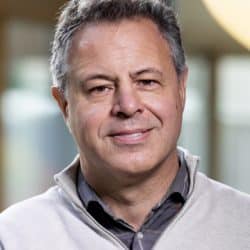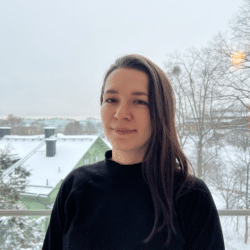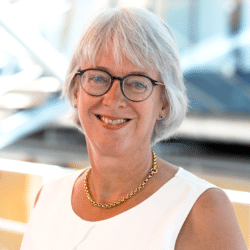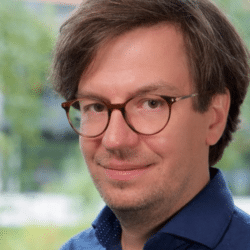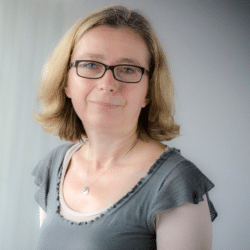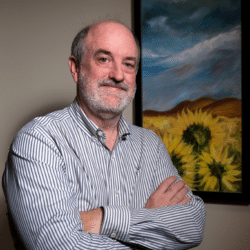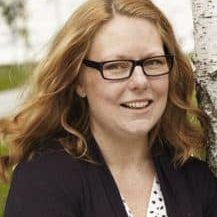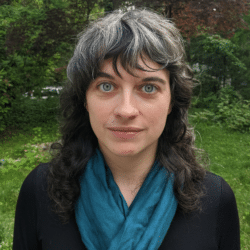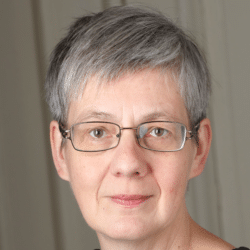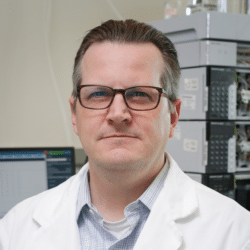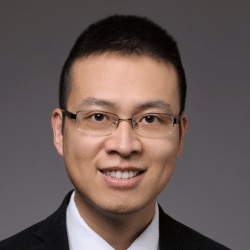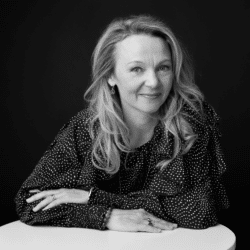
FLUOROS 2023
An International Symposium on Per- and Polyfluoroalkyl Substances – PFAS
Idstein, Germany • August 31 – September 1, 2023
Oral and poster abstract submission starting from March 15th;
Oral abstract submission deadline: expired
SUBMIT abstracts for posters: expired

PFAS Symposium
Idstein, Germany • August 30th, 2023
SUBMIT ORAL AND POSTER ABSTRACTS NOW
SUBMIT abstracts for poster presentations: expired
Submitting of abstracts for oral presentation: expired
Please note the abstract formats:
Contributions on the following themes are invited to supplement the plenary lectures listed below.
CONFERENCE THEMES
- Modern analytic instrumentation
- Applications of modern mass spectrometric techniques
- Structure elucidation
- Detection of PFAS at ultra-trace concentrations
- Non-Target Analysis: Identification of unknown compounds as transformation products of photolysis and hydrolysis or biodegradation
- Total Fluorine Analysis (Fluorine Mass Balance)
- Development of computational models to predict properties
- Environmental persistence of PFAS
- Various pathways of human and environmental exposure
- Contribution to levels of PFAS in the environment and to human exposure
- Improved application
- Monitoring the environmental processes and their global distribution
- Bioaccumulation
- New PFAS and their (eco)toxicological effects
- Description of the metabolic actions in biological systems
- Toxicological risks of PFAS
- Levels in cohorts
- Effects on humans
- Mechanism of toxicity
- Treatments Techniques
- Circular Economy
- Infrastructure
- Upstream development of alternatives
- Biodegradation
- Remediation
- Latest developments in the field of assessment, eco labelling and regulation
- EU`s Restriction Proposal
- International regulatory developments

Tentative Program
Program Oral Presentations – Symposium “Fluoros 23″ City Hall Idstein
Thursday, 31.08.2023
Room No. 1 & Empore
Registration City Hall
Poster setup
Ian Cousins, Thomas P. Knepper, Valentina Bertato
Opening Keynote: Scott Mabury, University of Toronto, Canada
PFAS Today…was has been done and what still needs to be done
Session 1: Analytical Tools
Chair: Dorte Herzke / Co-Chair Mohammad Sadia
Keynote 1
Anna Kärrman, Örebro University, Sweden
The PFAS analytical toolbox – challenges and possibilities
O 1_1
Frank T. Lange, DVGW-Technologiezentrum
Wasser, Karlsruhe, Germany
Analysis of leachable, extractable, and non-extractable PFAS in contaminated soils – how to measure “total PFAS”?
O 1_2
Jonathan Zweigle, Eberhard Karls University Tübingen, Germany
Highly PFAS-contaminated soil site in Germany: non-target screening via fragment mass differences and Kendrick mass defect analysis
Coffee break / exhibition & posters
O 1_3
Jeremy R. Gauthier, University of Toronto, Canada
Using 19F NMR to identify and quantify unknown PFAS in environmental samples, an unbiased and non-targeted approach for the measurement of total fluorine
O 1_4
David Patch, Royal Military College of Canada, Kingston, ON, Canada
Shining a light on hidden PFAS – Investigation of thermal and UV-activated TOP assays for improved characterization of PFAS precursors
Lunch / exhibition & posters
O 1_5
Raquel Gonzalez de Vega, University of Graz, Austria
Multi-platform approach for the comprehensive analysis of PFASs and F mass balance in commercial ski wax products
O 1_6
Cora Young, York University, Toronto, Ontario, Canada
High time resolution measurements of atmospheric PFAS: tuning selectivity for speciated measurements and total gaseous fluorine
O 1_7
Ana R. L. Araujo, Vrije Universiteit, Amsterdam, The Netherlands
PFAS in wastewater treatment plants influents: target and non-target screening in the Netherlands
Session 2: Exposure Science
Chair: Ian Cousins / Co-Chair Lara Cioni
Keynote 2
Carrie A. McDonough, Carnegie Mellon University, Pittsburgh, USA
Tackling the complexity of PFASs: from external exposure to internal dose
O 2_1
Heidi Pickard, Havard University, Boston, Ma, USA
Characterizing the contribution of PFAS from an AFFF contaminated site to downstream biota in coastal watersheds
O 2_2
Satoshi Endo, National Institute for Environmental Studies, Tsukuba, Ibaraki, Japan
Intermolecular interaction and equilibrium partition properties of neutral PFAS
O 2_3
Dorte Herzke, Nilu, Norwegian Institute for Air Research, Tromsø, Norway
TFA and other PFAS in rainwater from the Norwegian Arctic and mainland
Coffee break / exhibition & posters
O 2_4
Jorge Numata, German Federal Institute for Risk Assessment (BfR), Berlin, Germany
ConTrans: PFAS Transfer Toxicokinetics Prediction in Food-Producing Animals in Intensive and Extensive Farming Systems
O 2_5
Racchana Ramamurthy, McGill University, Montreal, Quebec, Canada
Detection of PFASs and other additives in North American outdoor gears
O 2_6
Trevor VandenBoer, York University, Toronto, ON, Canada
Measurements of atmospheric PFAS in remote and source regions using new off-grid sampling approaches
Conference Dinner including
Guided City Tour Idstein & Surprise (approx. 1 hour)
19:30 Dinner at City Hall
Separate registration needed; limited to 150 Persons
Friday, 01.09.2023
Room No. 1 & Empore
Session 3: Epidemiology and Toxicity
Chair: Pim Leonards / Co-Chair Faezeh Sadrabadihaghighi
Keynote 3
Kristina Jakobsson, University of Gothenburg, Sweden
Research, risk evaluation and risk communication. Experience from a PFAS hot spot in Sweden
O 3_1
Mattias Öberg, Institute of Environmental Medicine Karolinska Institutet, Sweden
Captured Science – an inconvenient history of knowledge about PFAS
O 3_2
Roger A. Klein, Cambridge, UK, and John Jay College of Criminal Justice, CUNY, New York, USA
Blood and plasma donation for reducing circulating blood PFAS levels a randomised clinical trial involving Australian Firefighters
Coffee break / exhibition & posters
O 3_3
Lackson Kashobwe, Vrije Universiteit, Amsterdam, The Netherlands
Investigating the impact of PFAS on lipid metabolism: insights from an In vitro human hepatocyte model
O 3_4
Jamie C. DeWitt, East Carolina University, Greenville, North Carolina, USA
Immunotoxicity of understudied PFAS found in surface waters of the Cape Fear River of North Carolina, USA
O 3_5
Axel G. Andersson, University of Gothenburg, Gothenburg, Sweden
High exposure to perfluoroalkyl substances and antibody and T-cell responses to SARS-CoV-2 mRNA vaccine – an observational study in adults from ronneby, Sweden
Parallel session (optional):
Clubroom (max. 60 persons)
Chair: Jon Benskin/ Stephan Wagner/Thorsten Reemtsma/Thomas P. Knepper
Jon Benskin/ Stephan Wagner/Thorsten Reemtsma/Thomas P. Knepper
Podium discussion on ANALYTCAL CHALLENGES: new advances in sample preparation, chromatography, mass spectrometric techniques and fluorine sum parameters;
Exhibiting companies and sponsors / name & topics (5 min each)
Coffee break / exhibition & posters
Session 4: Solutions
Chair: Lutz Ahrens / Co-Chair Michel Hubert
Keynote 4
Chris Higgins, School of Mines, Colorado, USA
Treating for legacy PFASs: An overview of existing and promising technologies for remediating contaminated water & soil
O 4_1
Bridger J. Ruyle, Havard University, Boston, Massachusetts, USA
Microbially limited biotransformation of precursors sustains centurial persistence of PFAS at AFFF-contaminated sites
O 4_2
Detlef Knappe, North Carolina State University, USA
Granular activated carbon adsorption and anion exchange: Scale-up of rapid small-scale column test data and drivers for sorbent use rates
O 4_3
Christopher M. Sales, Drexel University, Philadelphia, USA
Treatment of PFAS-laden solids via gliding arc plasma in air, nitrogen and argon
Lunch / exhibition & posters
O 4_4
Juliane Glüge, ETH Zürich, Switzerland
Alternatives to fluorinated gases as refrigerants
Session 5: Regulation/ Policy
Chair: Christoph Schulte / Co-Chair Rachel London
Keynote 5
Xenia Trier, University of Copenhagen, Denmark
PFAS analysis fit for regulation – on the art of living with uncertainty
Zhanyun Wang, EMPA Dübendorf, Switzerland
Understanding the universe of PFASs – implications for regulations
O 5_1
Jona Schulze, German Environment Agency, Dessau, Germany
EU wide restriction proposal on PFAS
O 5_2
Greg Hammond, Environment and Climate Change Canada, Canada
Draft State of PFAS Report: findings and proposed conclusion
O 5_3
Elvira Rudin, ETH Zürich, Switzerland
Unveiling PFASs of industrial relevance: assessing data submitted under REACH for informed decision-making
Coffee break / exhibition & posters
Best Posters (1st, 2nd, 3rd), sponsored by Gesellschaft Deutscher Chemiker (GDCh – Fachgruppe Wasserchemie)
Best Posters (4th, 5th, 6th), sponsored by Springer
Best Lecture, sponsored by ES&T Letters
Session 6: Alternatives to PFAS?
Chair: Annemarie van Wezel
Panel Discussion
Working title: EU-Regulation; REACH 2023 ff; recycling
End of sessions
*The abstract book is password protected and can only be downloaded by registered participants.
Our Sponsors


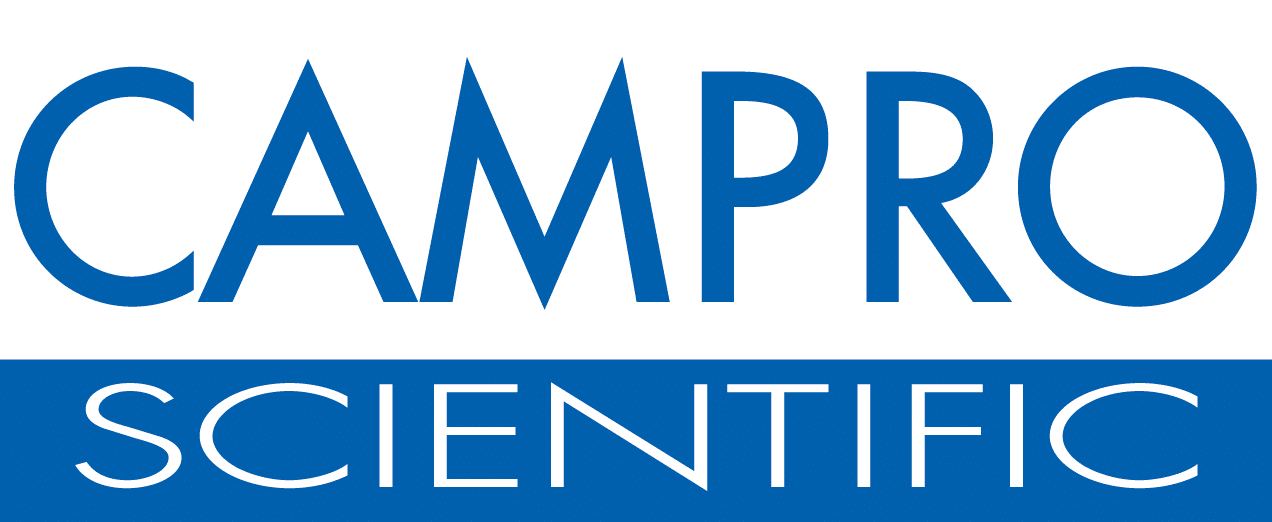
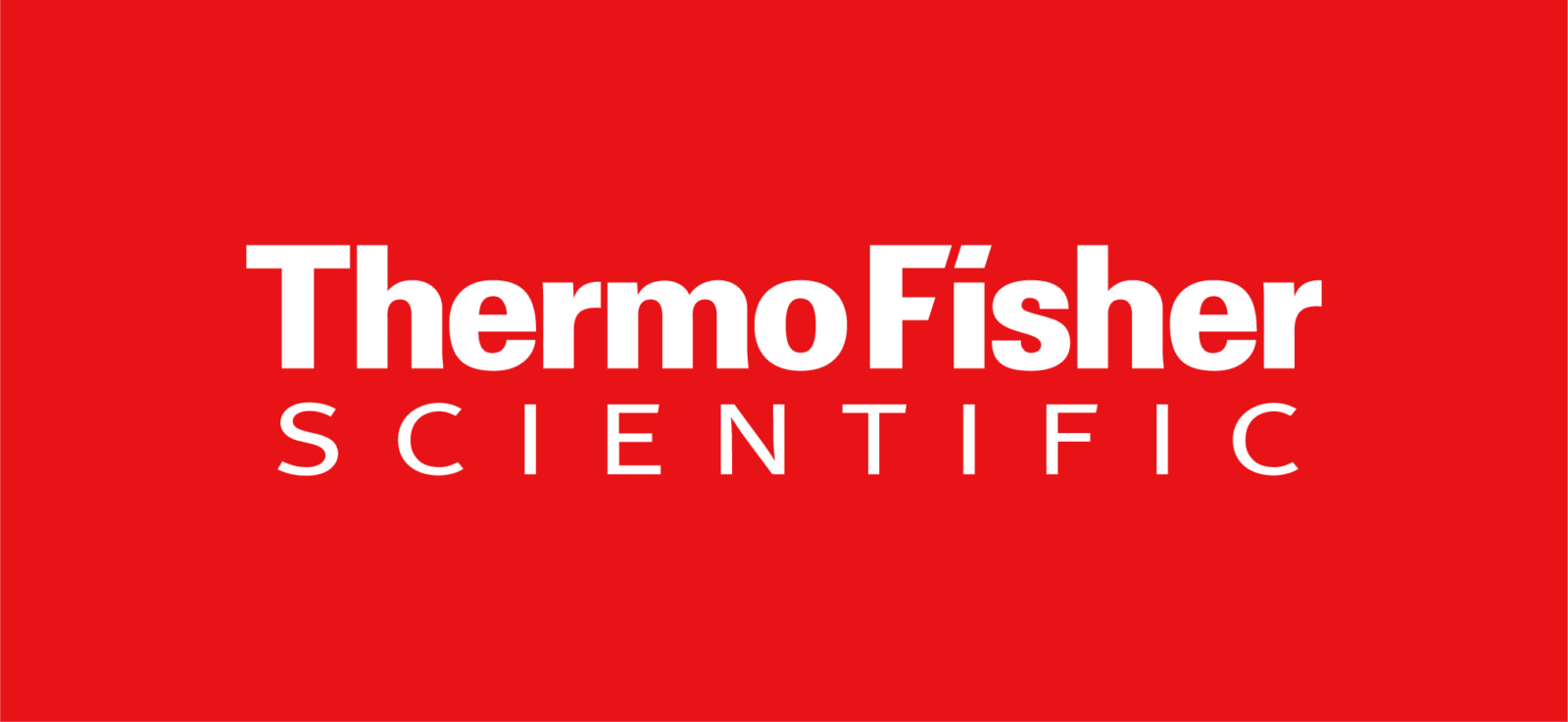









Our Sponsors scientific awards
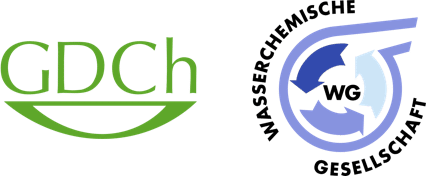



The FLUOROS 2023 Organizing Committee
Invited SPEAKERS (in presenting order)
CONFERENCE REGISTRATION
Registration is now open. Special reduced registration fees are available for students.

PFAS Symposium
AUGUST 30TH, 2023
IDSTEIN, GERMANY
The ITN (Innovative Training Network) PERFORCE3 (PER and polyfluorinated alkyl substances (PFASs) towards the Future Of Research and its Communication in Europe 3) is a multi-partner research training programme in the field of PFASs contaminants coordinated by Stockholm University and funded by the European Union’s Horizon 2020 research and innovation programme under the Marie Skłodowska-Curie Action grant agreement 860665. As the ITN PERFORCE3 reaches its final stages, this symposium will display the research carried out by its 15 PhD students.
Three general areas of PFAS research will be covered in thematic sessions: “Analytical Tools and Exposure science”, “Toxicology and epidemiology”, and “Solutions”.
DRAFT PROGRAMME
PFAS Prioritisation in Suspect Screening Analysis
Silvia Hupcejová Dudášová (Helmholtz Center for Environmental Research – UFZ, Germany)
Fluorine Mass Balance and Non-Target Screening of PFAS in Marine Mammals
Mélanie Lauria (Stockholm University, Sweden)
Presence and Concentrations of Replacement Fluorosurfactant Processing Aids and Other PFAS in the Air Downwind of Fluoropolymer Production Plants
Joost Dalmijn (Stockholm University, Sweden)
Fate and Properties of Alternative and Unknown PFAS in the Drinking Water Cycle
Mohammad Sadia (University of Amsterdam, The Nethelands)
Dermal Uptake of PFAS
Oddný Ragnarsdóttir (University of Birmingham, UK)
Impact of PFAS on Lipid Metabolism in Human Hepatocytes Model
Ana Carolina Coelho (UiT – The Arctic University of Norway, Norway), Faezeh Sadrabadi Haghighi (German Federal Institute for Risk Assessment, Germany), Lackson Kashobwe (Vrije Universiteit Amsterdam, The Netherlands) and Lars Brunken (Karolinska Institutet, Sweden)
Human Exposure to PFAS and Organofluorine Compounds in Northern Norway
Lara Cioni (Norwegian Institute for Air Research – NILU, Norway)
Integrated treatment of PFAS in existing water treatment plants – scoping the potential of foam partitioning
Sanne Smith (Swedish University of Agricultural Sciences, Sweden)
Remediation of highly PFAS contaminated sites – One challenge multiple approaches
Björn Bonnet (Swedish University of Agricultural Sciences, Sweden) and Michel Hubert (Norwegian Geotechnical Institute – NGI, Norway)
Finding a way out? A comprehensive study about the environmental fate of novel fluorinated prototype chemicals
Viktória Licul-Kucera (Hochschule Fresenius University of Applied Sciences, Germany)
Are Analysis of Alternative Methods Suitable for PFAS?
Rachel London (ETH Zürich, Switzerland)
Program PERFORCE3 PFAS Symposium
Idstein Town Hall
August 30th, 2023
Welcome and registration
Introduction by Ian Cousins (Stockholm University)
Session 1: Analytical Tools and Exposure Science
Chair: Antonia Praetorius (University of Amsterdam – UvA, The Netherlands)
PFAS Prioritisation in Suspect Screening Analysis
Silvia Hupcejová Dudášová (Helmholtz Center for Environmental Research – UFZ, Germany)
Fluorine Mass Balance and Non-Target Screening of PFAS in Marine Mammals
Mélanie Lauria (Stockholm University – SU, Sweden)
Presence and Concentrations of Replacement Fluorosurfactant Processing Aids and Other PFAS in the Air Downwind of Fluoropolymer Production Plants
Joost Dalmijn (Stockholm University – SU, Sweden)
Fate and Properties of Alternative and Unknown PFAS in the Drinking Water Cycle
Mohammad Sadia (University of Amsterdam – UvA, The Netherlands)
Dermal Uptake of PFAS
Oddný Ragnarsdóttir (University of Birmingham – UoB, UK)
Discussion on Analytical Tools and Exposure Science
Coffee break
Session 2: Toxicology and Epidemiology
Chair: Mattias Öberg (Karolinska Institutet – KI, Sweden)
Impact of PFAS on Lipid Metabolism in Human Hepatocytes Model
Ana Carolina Coelho (The Arctic University of Norway – UiT),
Faezeh Sadrabadi Haghighi (German Federal Institute for Risk Assessment – BfR, Germany),
Lackson Kashobwe (Vrije Universiteit Amsterdam – VU, The Netherlands) and
Lars Brunken (Karolinska Institutet – KI, Sweden)
Human Exposure to PFAS and Organofluorine Compounds in Northern Norway
Lara Cioni (Norwegian Institute for Air Research – NILU, Norway)
Discussion on Toxicology and Epidemiology
Lunch Break
Invited Speakers
Catalyzing the Market Transition away from PFAS
Anna Lennquist (ChemSec – Sweden)
European PFAS Regulation: Past, Future and its Connection to Research
Lena Vierke (German Environment Agency – UBA, Germany)
Session 3: Solutions
Chair: Hans Peter Arp (Norwegian Geotechnical Institute – NGI, Norway)
Integrated Treatment of PFAS in Existing Water Treatment Plants – Scoping the Potential of Foam Partitioning
Sanne Smith (Swedish University of Agricultural Sciences – SLU, Sweden)
Coffee Break
Remediation of Highly PFAS Contaminated Sites – One Challenge Multiple Approaches
Björn Bonnet (Swedish University of Agricultural Sciences – SLU, Sweden) and
Michel Hubert (Norwegian Geotechnical Institute – NGI, Norway)
Finding a Way Out? A Comprehensive Study about the Environmental Fate of Novel Fluorinated Prototype Chemical
Viktória Licul-Kucera (Hochschule Fresenius University of Applied Sciences – HSF, Germany)
Are Analysis of Alternative Methods Suitable for PFAS?
Rachel London (ETH Zürich, Switzerland)
Discussion on Solutions
Final remarks by Ian Cousins (Stockholm University)
Discussion on PFAS with the public with Beer and Pretzel (in German)
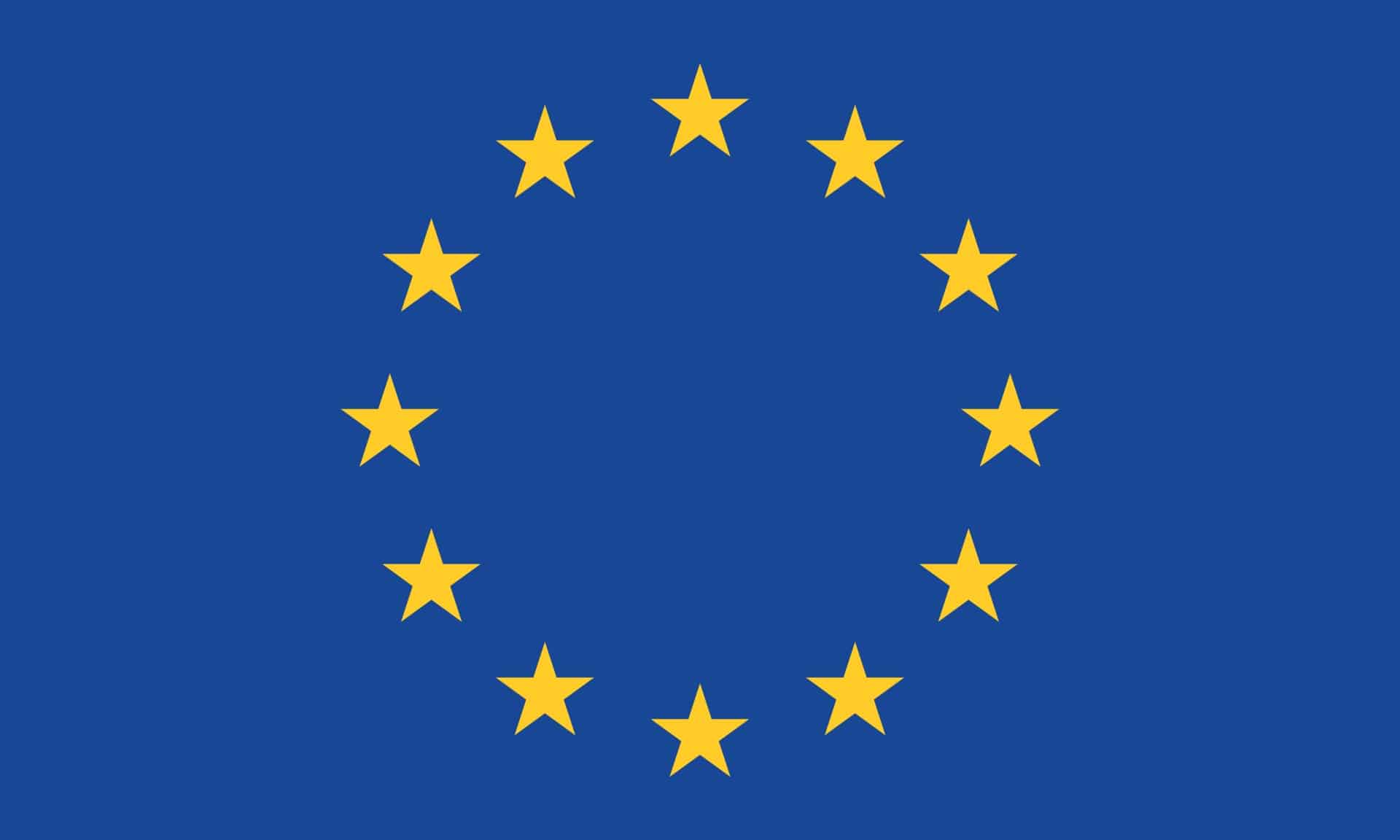
This project has received funding from the European Union’s Horizon 2020 research and innovation programme under the Marie Skłodowska-Curie grant agreement No 860665
More information about arrival & accommodation

Direction to the town hall
The city of Idstein has two underground garages both within walking distance of the Stadthalle.
Address Town Hall Idstein:
Löherplatz 15
65510 Idstein, Germany
You can download the detailed directions here:

ACCOMMODATION & Places of Interest
There are numerous accommodation options in Idstein.
You can download an overview of hotels here:
If you want to explore Idstein outside the workshop, here are some interesting places to visit:
FLUOROS 23 on Per- and Polyfluoroalkyl Substances – PFAS
is organized by Hochschule Fresenius, University of Applied Sciences (HSF), Idstein, Germany
Conference Chairs
Ian Cousins & Thomas P. Knepper
For further information contact Jutta Duy-Jung at jutta.duy-jung@hs-fresenius.de

